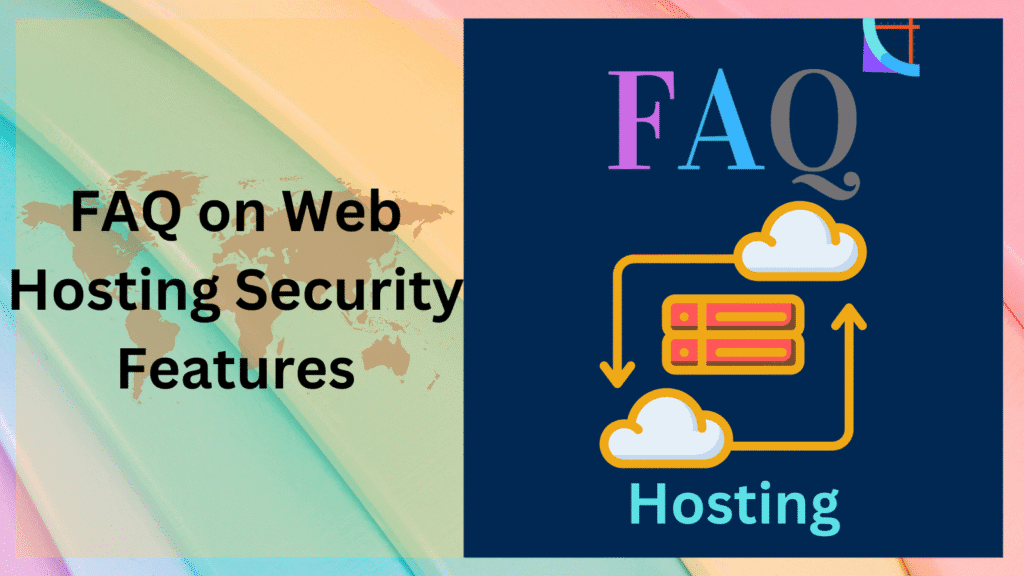Why is an SSL certificate essential for my website?
Answer: SSL encrypts data between your site and users, ensuring secure transactions and boosting trust. Hostinger offers free Let’s Encrypt SSL certificates, which improved SEO rankings for a freelancer in Austin. Without SSL, 73% of users avoid non-HTTPS sites, harming credibility.
How does a Web Application Firewall (WAF) protect my site?
Answer: A WAF filters malicious traffic like SQL injections. SiteGround’s WAF blocked 1,000+ attacks monthly for a Mexican blog, while Hostinger’s Cloudflare WAF is free. Customizable rules let you block suspicious IPs, as a Seoul developer reduced hacks by 80% with Bluehost’s WAF.
What security features should I prioritize when choosing a hosting provider?
Answer: Look for free SSL, malware scans, WAF, backups, and DDoS protection. Hostinger ($2.99/month) includes weekly scans and Cloudflare WAF, while SiteGround offers daily scans and custom firewalls. A Berlin shop avoided breaches with SiteGround’s premium tools.
Read This Post in Detail on The ValuePane Blog
How often should backups be performed?
Answer: Daily backups (via Hostinger’s premium plans or SiteGround) are ideal. A Washington blog recovered from ransomware using Hostinger’s weekly backups. Use tools like UpdraftPlus for WordPress and store copies on Google Drive for redundancy.
What’s the difference between malware scanning and a WAF?
Answer: Malware scans (e.g., SiteGround’s daily checks) detect and remove infected files, while a WAF blocks malicious traffic preemptively. A Canberra retailer’s site was saved by real-time scans, whereas WAFs stop attacks like DDoS before they reach your server.
How does DDoS mitigation ensure uptime?
Answer: DDoS attacks flood your site with traffic, causing crashes. Hostinger and SiteGround integrate Cloudflare to block these attacks, maintaining 99.9% uptime. A Cape Town news site stayed online during a surge thanks to mitigation tools.
What are the legal risks of poor website security?
Answer: Breaches can violate GDPR, leading to fines up to €20 million. A London business faced a $5,000 penalty for weak security. Ensure compliance with SSL, encrypted data, and regular audits to avoid legal and financial fallout.
Which hosting provider offers the best value for security?
Answer: Hostinger ($2.99/month) balances affordability with free SSL, WAF, and backups. SiteGround ($14.99/month renewal) suits high-traffic sites with daily scans. A Manila student restored her hacked site via Hostinger’s backups, highlighting its cost-effectiveness.
How do I monitor my site’s security after setup?
Answer: Use tools like Sucuri for malware checks, UptimeRobot for uptime tracking, and review WAF logs. A Delhi blogger reduced risks by 90% with monthly reviews. Hostinger’s dashboard shows hack attempts, simplifying proactive monitoring.
Why is server hardening critical, and how do I implement it?
Answer: Server hardening (disabling unused ports, auto-updates, strong passwords) limits vulnerabilities. Hostinger’s auto-patches protected a Colombo retailer from exploits. Follow best practices like isolating accounts and updating PHP/Wordpress to stay secure.
Check out the FAQ on Shared vs VPS Hosting
